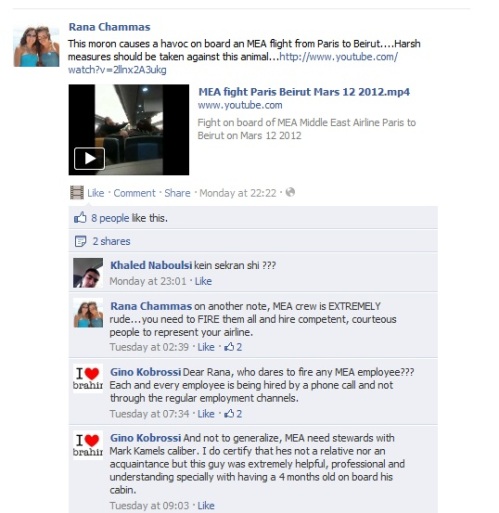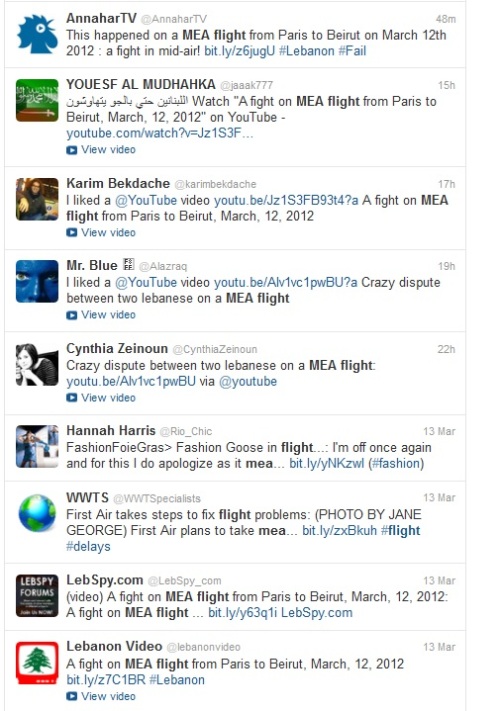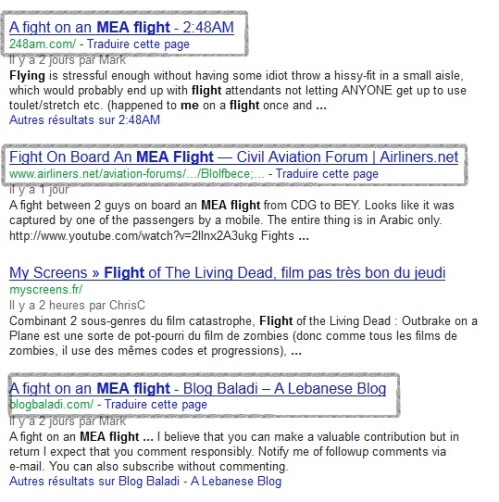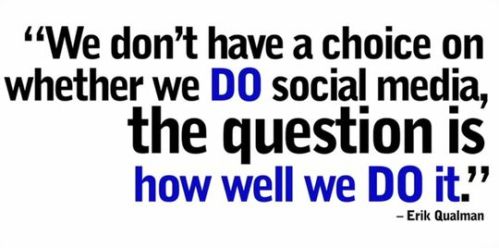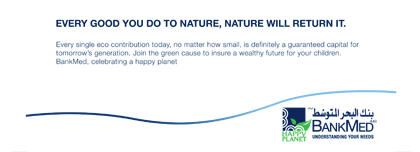Social media, mobile browsing and the utilisation of mobile applications on modern smartphones have seen a huge surge in popularity in recent times
According to tis infographic by Restaurant App Engines, there were 72% more smartphones sold in 2010 compared to 2009, and 87% of these smartphone owners use their phone to access the web. With such a phenomenal amount of usage, businesses can no longer afford to ignore these additional promotional avenues, and this infographic proves that restaurants are no exception.

While social networks are proving suitable tools to test new promotions or original ideas, this is not their primary mission. In fact, social networks offer the opportunity to bring something useful to your customers. Most of your communication actions should be planned around this idea.
OK now everything you’ve heard about social networking has come to convince you and you’re ready start this amazing “adventure”? Good idea. But you need to know how to do it and most importantly, what to say. Dear restaurants’ communication and marketing managers, here are some tips and examples to guide your communications on these networks and expand your virtual community.
1- Talk about the new features: new dishes, new recipes, new prices, new ingredients, new employees, new design…
2- Create exclusive content and be visual! Share your photos of mouthwatering dishes, videos of what happens in the kitchen, pictures of special events. In fact, images other than those on your website.
3- Encourage your customers to comment on the menu’s new items and give their opinion and recommendation
4- Tweet the sources that mention your restaurant
5- Talk about the celebrities who came to your restaurant, what they said, iwhat they ate and what they did
6- Tell funny stories that happened in your restaurant
7- Talk to your followers, ask the what they want to improve in your restaurant
8- Maintain a dialogue with your customers and potential customers and answer the questions they ask
9- Talk about future projects and plans for your restaurant
10- Push some special operations: Present the “Customer of the month” or ask your fans on Facebook to propose new recipes or dishes that can be considered as “Recipe of the month”
11- Turn your employees into trendy brand ambassadors
12- Increase your traffic by creating unique contests, distributing free stuff and promotions and by retweeting any positive feedback
13- Communication regularly and during peak hours (come on you know what are the peak hours for every social network… :p)
14- Messages such as “buy this or that” are not effective. Social media tend to focus on interactivity and there must be room for criticism. Express yourself on topics of interest to your community
15- Learn from the experts. Follow restaurants and private experts in your field to see how they build a community and agree that you have much to learn
Now restaurants like Crepaway and Roadster do it pretty well on their Facebook pages and Twitter accounts, but maybe it’s time for them to take a step forward and start challenging the use of social media for their businesses?
The one rapidly growing technology everyone in the industry has an eye on is the mobile phone, as it isincreasingly becoming the portal through which consumers interact with the digital world. Gaining access to consumers as they go about their daily lives and being able to reach consumers at that crucial moment when craving strikes is the key to success. Who will be the first one replacing their call center for delivery by developing a mobile app ?


